Household
Reducing your food waste
Simple steps you can take to reduce your food waste and make sure you recycle any that can't be avoided.
Let’s tackle food waste
It’s time to think smart about food to reduce and recycle as much as possible – it’s good for your purse, your family and the planet!
- Almost 25% of the contents of an average wheelie bin in Bristol is made up of wasted food!
- Three-quarters of the food waste in Bristol’s wheelie bins could be avoided
- Avoidable food waste costs Bristol families an average of £730 a year!
The good news is, there are easy ways to reduce your food waste and if it can’t be avoided, putting it in the recycling is the next best thing. Food you put in the brown caddy is a useful resource that is turned into compost and energy, helping to power homes in Bristol.
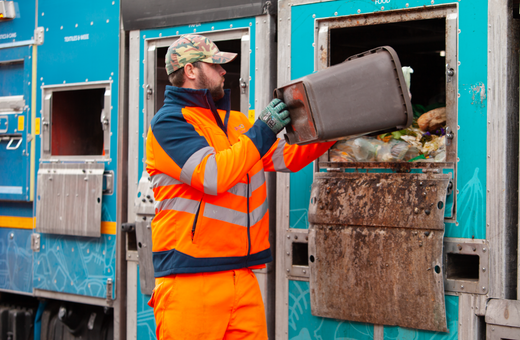
Let's reduce food waste in Bristol!
Some types of avoidable food waste are more likely to end up in the wheelie bin than others, do you recognise any of these culprits?
- Stale bread or bread crusts
- Meat past its use-by-date
- Gone off bags of salad
- Excess cooked rice or pasta
- Leftover takeaway
Try keeping a record of food you throw away and you might discover you throw away some foods more than others. Next time you do a food shop, buy less of these items. Keep reading for our top tips to reduce food waste.
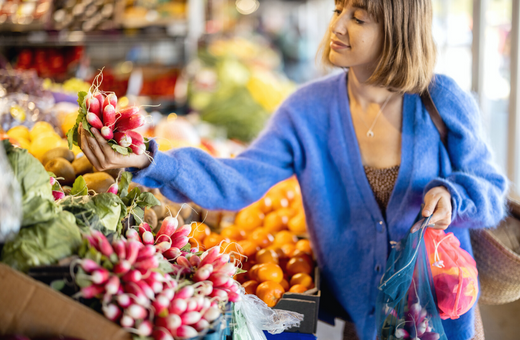
Reduce waste when buying food
The best way to reduce food waste is to only buy what you need:
- Plan meals in advance and create a shopping list, stick to this when you are shopping to help you avoid impulse buys.
- Resist 2-for-1 offers on products with short use-by dates or food your only occasionally eat.
- Before you go food shopping check what you already have.
- Plan meals to use up ingredients before they go off, and make sure you aren’t buying more of an item than you need.
If you plan meals in advance, leave a couple of meals ‘free’ to allow for changes of plans, when you get to a ‘free’ meal check your freezer and use up some leftovers.
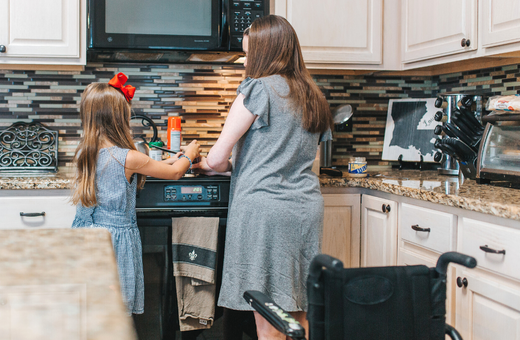
Storing food to reduce waste
Supermarkets are starting to remove ‘best before’ labels from some products and if you store these foods correctly you can extend their life.
- Get to know the date labels. This guide to the date labels on your food should help.
- Use your freezer: many foods can be frozen to prolong their life, including cheese and bread!
- Freeze leftovers in portion-sized containers so you can heat them up as needed.
Find out the best way to store food items to prolong their life with this handy A-Z guide from Love Food Hate Waste.
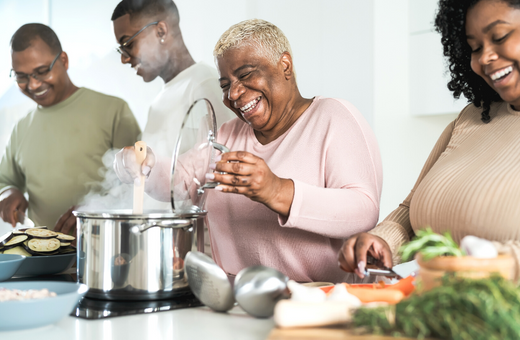
Waste less when cooking food
Reduce leftovers by making sure you cook the right amount, and by planning your meals in order of use-by date.
- Check use-by dates and plan your meals to make sure everything is used before it spoils.
- Use a portion planner to check the amount you need of ingredients like rice and pasta – if you guess it, there’s almost always too much!
- Cook up fresh ingredients before they go off and freeze to eat another time.
- Cook meat that is nearing its use-by date so it can be kept for a bit longer.
Top tip: use up leftovers or work out meals to cook with random ingredients you have at the back of the cupboard with the Love Food Hate Waste and Big Oven recipe finders.
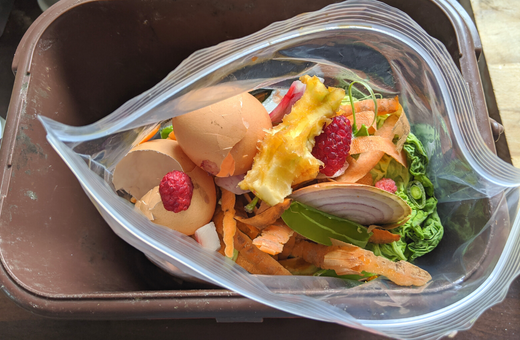
Disposing of food waste
It’s not always possible to avoid food waste. Plate scrapings, peelings, tea bags and out-of-date food are a few examples. Always put food waste in your brown food caddy to recycle it rather than putting it in your black bin.
Top tips:
- Remove the cardboard wrap from items such as yoghurt and noodle pots and recycle them.
- After emptying out-of-date pre-prepared food into your food caddy, wash the container so it can be reused or recycled.
- You can compost uncooked vegetables, tea bags, and coffee grinds at home in a garden or allotment compost heap.
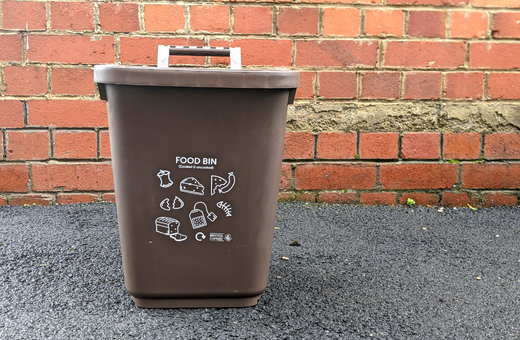
5 steps to using your food waste bin
- Keep the small caddy somewhere you can reach it in the kitchen.
- Keep it clean with a liner: try a compostable liner, newspaper, a bread bag or an old shopping bag.
- Put all your food waste into the caddy.
- When it’s full, empty the caddy into the larger food waste bin that you can keep outdoors.
- Put the larger food waste bin out for collection every week at the kerbside with your recycling boxes.
